
“In Hollywood if you don't have a shrink, people think you're crazy,” Johnny Carson once commented. Quippy as he was being, of the 1 in 5 Americans who reportedly suffer from mental illness, just 38 percent receive treatment -- in Hollywood or not.
We have certainly come a long way since being in therapy was considered unmentionable. But despite the many women who speak out about their experiences with mental health treatment, the stigma surrounding mental illness and therapy persists. This makes it all the more important for high-profile women who have benefited from seeking help to speak out.
Here are 9 famous women who have done just that. Let's hope they help us get over our discomfort with therapy once and for all.
1. Gwyneth Paltrow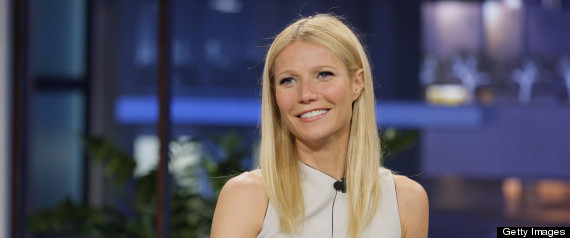
Gwenyth Paltrow has been very open about her experiences with therapy. In 2011, Paltrow revealed that she sought help for postpartum depression after the birth of her son in 2008 at the urging of her husband. "The hardest part for me was acknowledging the problem ... I think it's so important for women to talk about," Paltrow told Good Housekeeping.
2. Brooke Shields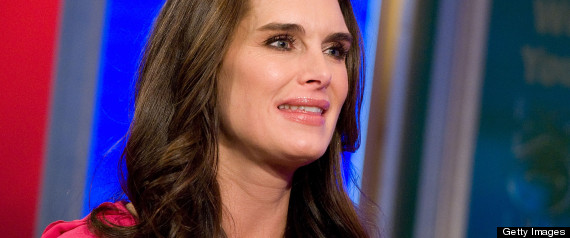
Brooke Shields has also been very open about seeking treatment for postpartum depression -- even getting into a notorious argument with Tom Cruise about her medical treatment for the illness. Shields penned an op-ed for the New York Times about her treatment, writing:
I couldn't believe it when my doctor told me that I was suffering from postpartum depression and gave me a prescription for the antidepressant Paxil. I wasn't thrilled to be taking drugs. In fact, I prematurely stopped taking them and had a relapse that almost led me to drive my car into a wall with Rowan in the backseat. But the drugs, along with weekly therapy sessions, are what saved me - and my family.
3. Emma Thompson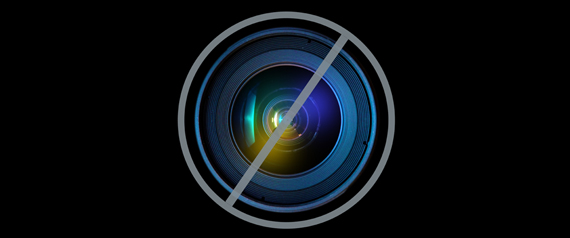
Emma Thompson is also no stranger to depression surrounding childbirth -- however, while Shields and Paltrow dealt with postpartum depression, Thompson became "clinically depressed" based on issues of infertility. After giving birth to her daughter Gaia in 1999, Thompson reportedly wanted more children but was unable to conceive. "For years I counted people's children in the street and thought I'd never recover," she said in an interview, "But you do, of course." According to the Telegraph, Thompson managed her depression by seeing a therapist once a week.
4. Sheryl Crowe
Singer Sheryl Crowe has spoken publicly about her battle with clinical depression, including a period in her twenties when she felt completely debilitated by the illness. "Antidepressants helped and so did therapy, but depression is a chemical thing that some people go through," she told the Daily Mail. "It's always been part of my life."
5. Catherine Zeta-Jones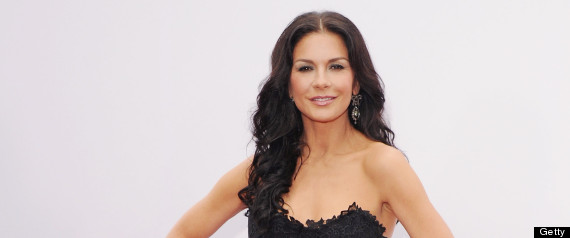
Zeta-Jones underwent treatment for Bipolar II Disorder in 2011 and again earlier this year, checking into a formal treatment facility to get the help she needed as well as dedicating herself to "periodic care." "If my revelation of having bipolar II has encouraged one person to seek help, then it is worth it," Zeta-Jones told People Magazine in 2011. "There is no need to suffer silently and there is no shame in seeking help." Amen to that.
6. J.K. Rowling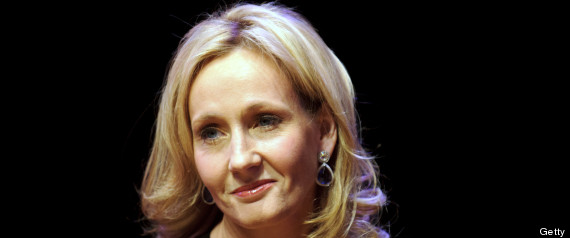
Rowling, one of the most successful authors of all time, has spoken about the clinical depression that consumed her while she wrote the first Harry Potter book, even creating a fictional representation of her struggle in the form of Dementers -- evil creatures that feed off of human happiness. But it was her rise to fame that prompted her to continue treatment despite her great success. Rowling told the Daily Mail in 2012:
You don’t expect the kind of problems that [fame] brings with it. I felt that I had to solve everyone’s problems. I was hit by this tsunami of demands. I felt overwhelmed. And I was really worried that I would mess up ... I had to do it [therapy] again when my life was changing so suddenly -- and it really helped. I’m a big fan of it, it helped me a lot.
7. Jennifer Aniston
But one doesn't necessarily have to be diagnosed with a mental illness to seek therapy. Jennifer Aniston recently noted that therapy can help one better understand who they are in an interview for the upcoming September issue of Glamour Magazine. Aniston's "We're The Millers" co-star Jason Sudeikis asked her what advice she would give herself throughout the years, to which Aniston responded:
[In my] thirties. Go to therapy. Clean up all of the s--t. Clean up all of the toxins and the noise. Understand who you are. Educate yourself on the self. You can undo a lot of things. If you're not happy, you can become happy. Happiness is a choice. That's the thing I really feel. Like with friends who refuse to get happy, who refuse to rise above the discomfort of where they're at.
8. Jennifer Garner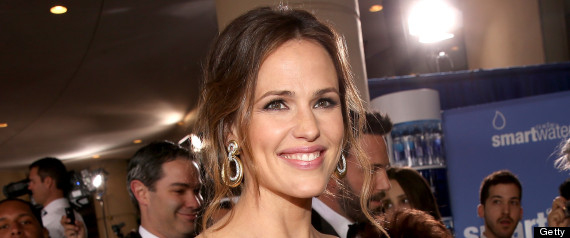
Like Aniston, Garner is another celebrity who has spoken highly of therapy's benefits without suffering from a specific mental illness. Garner sought help after her first marriage ended. She told Parade Magazine in 2010:
It’s easy when you’re hurt and angry to just say, "Oh, it’s them.” But I had to come into my own. I thought, "Why did this relationship not work? What part of the failure is my responsibility?" So I went to work on it. I started therapy.
9. Lena Dunham
Though she hasn't discussed the details of her treatment, Dunham admitted at the 2012 New Yorker Festival that she's been in therapy since she was 7 years old. But beyond her personal struggles, Dunham has worked to destigmatize therapy through her work, most notably through her character on Girls' struggle with Obsessive Compulsive Disorder.

